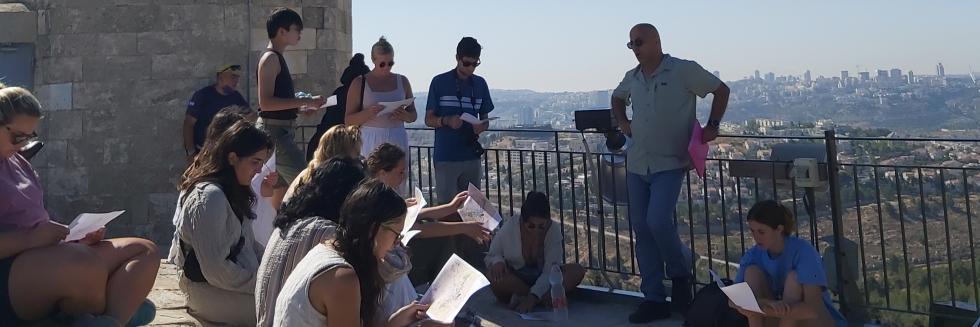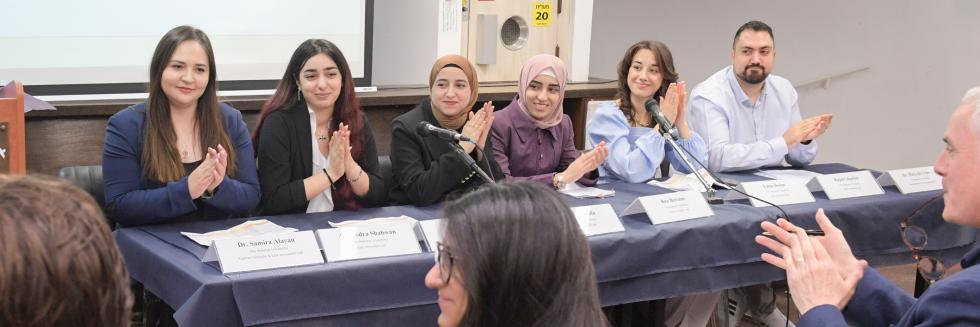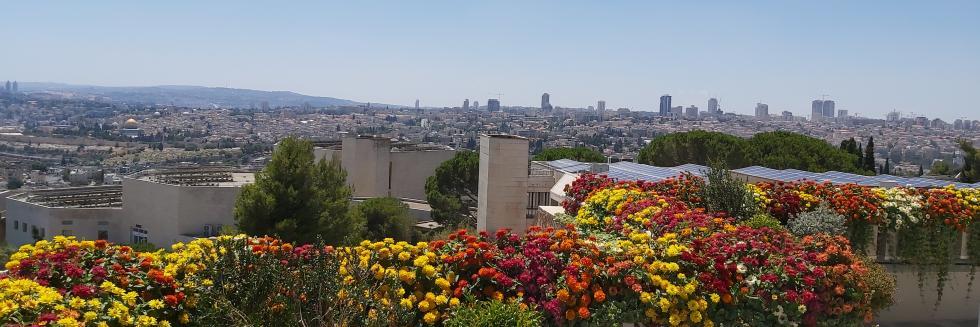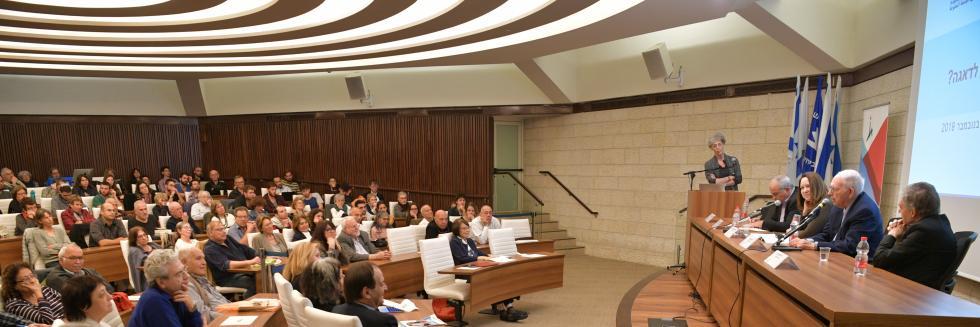Prof. Naomi Chazan
Former Academic Director

Research Abstract:
"Democratization, De-democratization and Conflict Resolution: A Comparative Analysis of Israel and Africa"
The past decade has witnessed significant processes of democratization, de-democratization and re-democratization in various parts of the globe. In Africa, over a dozen countries have successfully completed process of democratization and re-democratization and some are on the verge of becoming robust liberal democracies. At the same time, others have suffered from systematic de-democratization, manifest in the curtailment of civil rights and a regression in the commitment to the rule of law. Israel, too, is currently experiencing a democratic recession, evident not only in the growth of anti-democratic political attitudes, but also in legislative initiatives that restrain civil freedoms, undermine civil society and adversely affect minority rights and the independence of the judiciary. These domestic processes have a direct impact on the international standing of the countries in question and on their capacity to resolve long-standing violent conflicts (Chazan 2012). The purpose of the proposed research is to examine the interrelationship between democratic patterns in select African states and in Israel in an effort to reassess the connection between democratic robustness and prospects for conflict resolution.
There is a growing scholarly literature which focuses broadly on the connection between democracy and peace, or what has come to be known as "democratic peace” (Hook 2010, Mansfield and Snyder 2004). The bulk of this work centers on efforts to support—or, conversely, refute—the proposition that democratic countries do not tend to engage in wars with each other nor to initiate wars with other regimes. This preoccupation, of necessity, has diverted attention from the equally intriguing issue of the linkage between democratic regimes and the propensity for peace-making and peace-building. It has also, consequently, underplayed the careful examination of the relationship between the form and strength of democratic institutions and practices and the predisposition to seek resolution to violent conflicts by peaceful means. This research will seek to address these questions through a careful analysis of Israel and select African cases in an attempt to go beyond the sui generis propensities that cloud much of the research today (Chazan 1997).
Specifically, this undertaking will examine a series of interrelated questions: 1) what are the specific characteristics of the democratic landscape in each of the countries under consideration? 2) What is the position of civil society and how does it interrelate with the existing power structures? 3) What changes have occurred in the democratic order in recent years and what are their manifestations? 4) How have these changes affected the country’s international standing and its propensity for peace-making and peace-building at the levels of the state and civil society (Paffenholz 2010)? 5) What are the outcomes of these efforts at conflict resolution? 6) What factors can account for variations in their success?
These questions will be examined through an in-depth comparison of the specific African cases of Ghana, Nigeria and South Africa, as well as Israel. The study of the Israeli example will take a critical look at the literature on the topic, which to date has concentrated more closely on a careful examination of peace efforts to the detriment of a closer consideration of shifts in the country’s democratic underpinnings and their connection with the state’s international standing (Gidron, Katz and Hasenfeld 2002,.Hermann 2009; Chazan 2006, Salem and Kaufman 2006, Chazan 2011). It will also be based on primary documentation compiled over the past few years but yet to be analyzed. The African examples will focus specifically on cases studies of Ghana and Nigeria, with some reference to the voluminous literature on South Africa. Here the work on civil society is far more advanced than the rather spotty scholarly attention devoted to democratic resilience and conflict resolution (Harbeson, Rothchild and Chazan 1994; Joseph 2008). Materials gathered during trips to Africa during the past few years will supplement the secondary sources.
This analysis will attempt to provide a revised and distinctly nuanced view of the relationship between democratic (or, conversely, anti-democratic) trends, sustained conflicts and the capacity to bring about their successful resolution. It will seek to account for differential outcomes by looking carefully at the impact of variations in democratic characteristics on peace efforts and, in particular, at the intersection between three sets of factors: 1) the influence of ongoing conflicts on democratic viability (including structural stability, political discourse, the status of minorities and civil liberties); 2) shifts in external legitimacy; and 3) the subsequent impact on efforts to achieve lasting peace. In the process, it will suggest a rubric for the understanding of the linkage between democratic dynamics, international positioning and peace-making. In broad strokes, it will argue that democratic sustainability is essential for the achievement both of global legitimacy and the resolution of ongoing conflicts.
This work will proceed in two distinct stages. During the first phase (approximately one year), materials will be gathered and analyzed. During the second stage, several papers will be presented and articles prepared for publication (at least one of a comparative empirical sort and another of broader theoretical interest).





